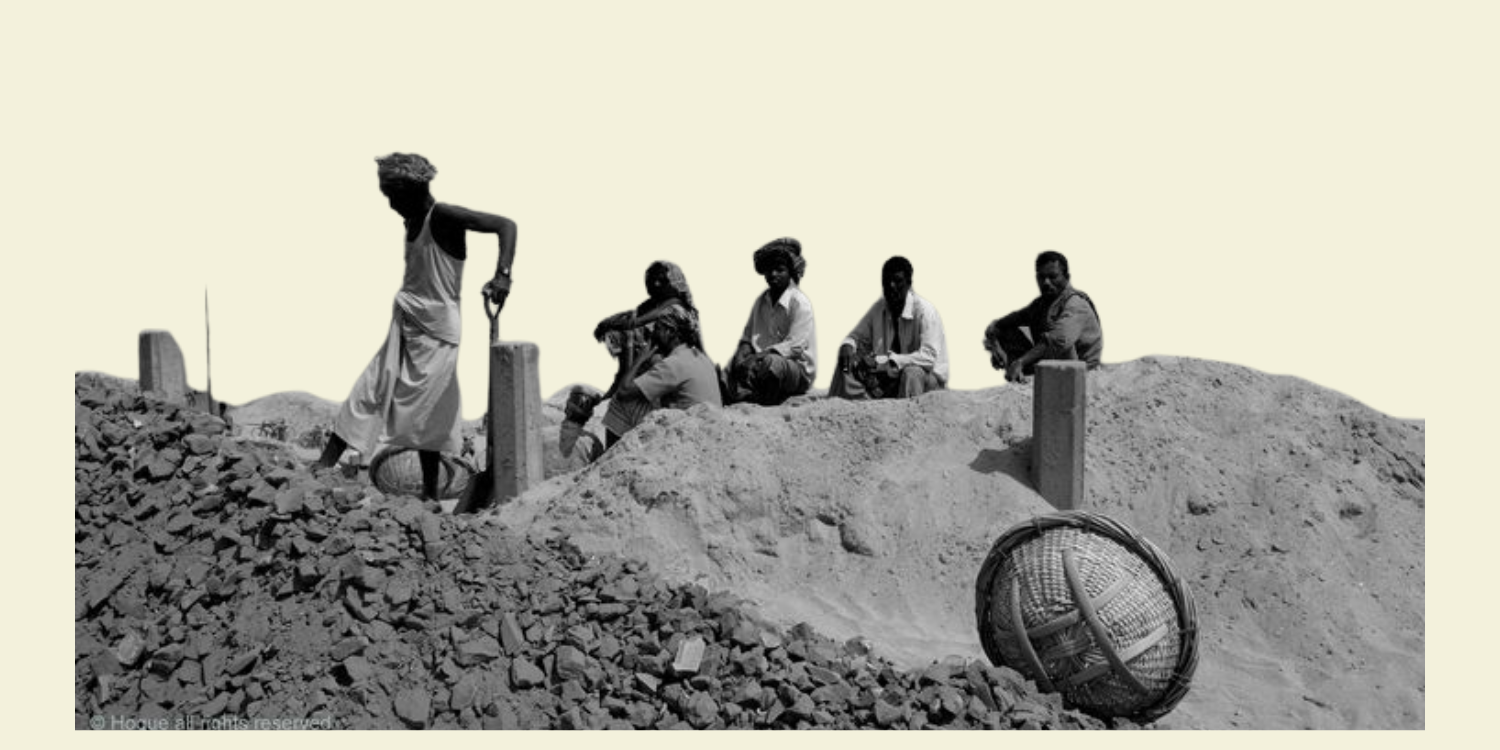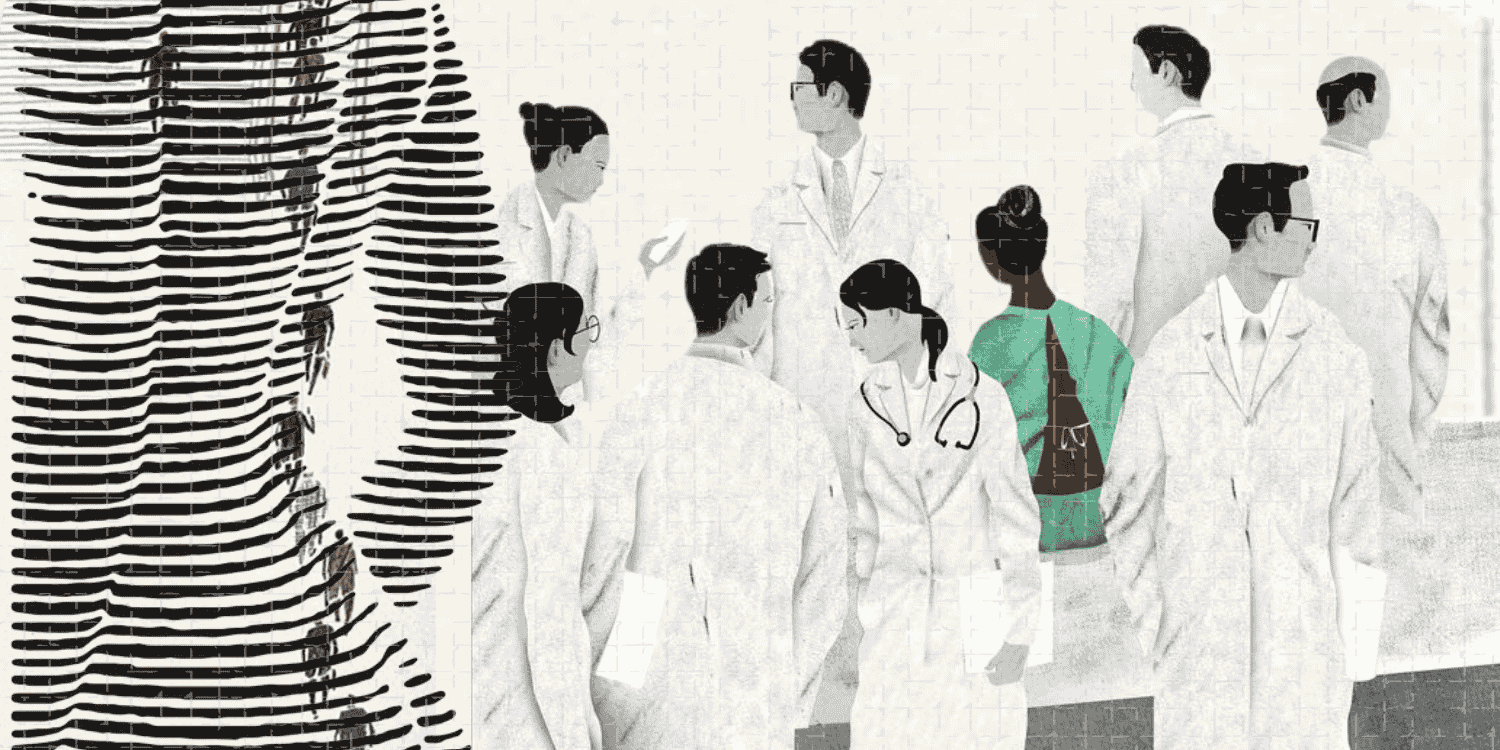SERIES INTRODUCTION
This series looks at the legal category of ‘Criminal Tribes’ in India, today known as Vimukta Jatis or Denotified Tribes. Although, stereotypes of hereditary criminality are as old as untouchability, DNTs, like SCs have not been able to access equal opportunities because of their ancient stigmatisation and the resulting administrative high handedness. Even though many of them are clubbed under Scheduled Caste and Scheduled Tribe [SC/ST] as well as Other Backward Classes [OBC], a significant part of the denotified tribes’ population have been denied affirmative action. That is to say, while they may receive affirmative action for being SC, ST, or OBC, they are not able to access state support despite undergoing forced criminalisation and its additional burden to date.
The first paper maps the pre-history of those who would become labelled ‘criminal tribes’ in 1871 with the passage of the Criminal Tribes Act in colonial India. The second paper picks up from this critical juncture and examines how being legally criminalised affected the daily lives of those in the community. This part also covers the period between 1871 and 1952 when the Indian parliament repealed the Criminal Tribes Act. The final paper looks at the repeal and how it was simultaneously replaced with new legislation. Known as the Habitual Offenders Act of 1952, the new law gave the state power to incriminate any individual but was disproportionately used against members of former ‘criminal’ tribes, Dalits, Adivasis, and religious minorities. The last instalment of the series ends with policy recommendations aimed at de-stigmatising and uplifting the denotified tribes who have long been victims of historical wrongs.
Abstract: This paper maps the pre-history of those who would become labelled as ‘criminal tribes’ in 1871, following the passage of the Criminal Tribes Act in colonial India. While the act legally created and codified the category of tribes that were considered hereditary criminals, such stereotypes about certain communities developed in pre-colonial times. This paper, attempts to take stock of the stereotypes associated with communities like itinerant communities, jungle dwellers, and “lower castes” during pre-colonial times. It provides an overview of these ancient stereotypes and criminalising which formalised during the Mughal period and were used to target non-sedentary communities with the enactment of the Criminal Tribes Act of 1871. Ultimately, this paper seeks to demonstrate how pre-colonial notions of “hereditary criminality” informed British lawmaking in India.
Keywords: Denotified Tribes, Criminal Tribes, Vimukta Jatis, Criminal Tribes Act of 1871, British, Colonialism, Wandering Communities, Robber Castes, Thugs, criminalising
Author’s Note
I am writing this paper from a position of class and caste privilege, and from a historical distance.






